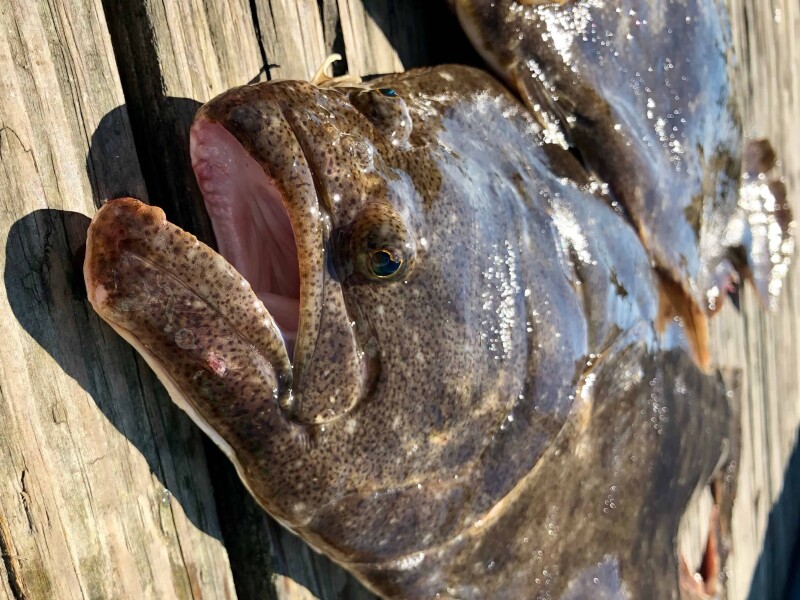Raymond Lofstad and Gus Lovgren are both fourth-generation commercial fishermen running small-scale operations in the Mid-Atlantic. Raymond has fished in Long Island for over 45 years. Gus, who recently took over his father’s fishing boat, has operated out of New Jersey for over 20 years. Both possess the necessary permits to fish for flounder, scup, and black sea bass in the federal waters off the coast of the Mid-Atlantic. But a regulation adopted by the Mid-Atlantic Fishery Management Council will reduce the amount of these fish that commercial fishermen may catch every year, reallocating the harvest in favor of recreational fishermen.
Over their long fishing careers, Raymond and Gus have fed countless American families. All the while, they have shared the ocean’s bounty with their fellow commercial fishermen and those who fish recreationally. Now, due to this regulatory change, they face tens of thousands of dollars in lost annual revenue. For Gus, the loss in revenue will also force him to spend more time at sea, losing precious time with his family, including his two young daughters.
Whether for food or for fun, ocean fisheries are under the watchful eye of government regulators. States handle the shoreline while the feds, under the Magnuson-Stevens Fisheries Conservation and Management Act, govern waters from three to 200 nautical miles offshore.
Regional councils established under Magnuson-Stevens are charged with regulating federal waters to maximize fisheries’ long-term benefits. Raymond and Gus are two of the many fishermen regulated by the Mid-Atlantic Fishery Management Council, which covers all federal waters off the coast of the Mid-Atlantic, from the tip of Long Island to the middle of North Carolina.
In 2022, the council revised the catch allocations of summer flounder, scup, and black sea bass for commercial and recreational fishermen. The National Marine Fisheries Service approved the updated regulation, known as Amendment 22. As a result, starting January 1, 2023, commercial fishermen must reduce their annual overall catch of three fish types that make up significant portions of their livelihoods so that recreational fishermen can pull in more.
The government claims the modified allocations under Amendment 22 will “better reflect the current understanding of the historic proportions” of fish caught in both commercial and recreational sectors.
However, for Raymond, Gus, and other commercial fishermen, it’s about earning a living in an already heavily regulated industry. Many commercial fishermen already facing crippling compliance and other operational costs will likely not survive Amendment 22’s beefed-up catch restrictions.
There is hope for the fishermen, however. The Constitution forbids bureaucrats from exercising significant federal policymaking powers unless they are under the control of the president, meaning he appoints and removes them.
No members of the Mid-Atlantic Fishery Management Council are nominated by the president or confirmed by the Senate as the Appointments Clause requires. The 21-member council is instead composed of 13 members nominated by the governors of New York, Pennsylvania, New Jersey, Delaware, Maryland, Virginia, and North Carolina; seven state bureaucrats who are also designated by governors; and a low-level federal bureaucrat.
This set-up gives the unauthorized bureaucrats enormous power over federal policy and individual livelihoods while skirting accountability. Because the council was not constitutionally structured when its members adopted Amendment 22, the regulation itself is unconstitutional.
So, Raymond and Gus are fighting back. Represented free of charge by the Pacific Legal Foundation, they’re asking a federal court to restore their right to earn an honest living without interference by an illegally formed agency and its equally unlawful regulation.







